The Role of Olive Oil in Tunisian Cooking Traditions
11 min read Explore the significance of olive oil in shaping Tunisian culinary traditions and its role in authentic dishes and cultural identity. September 07, 2025 09:05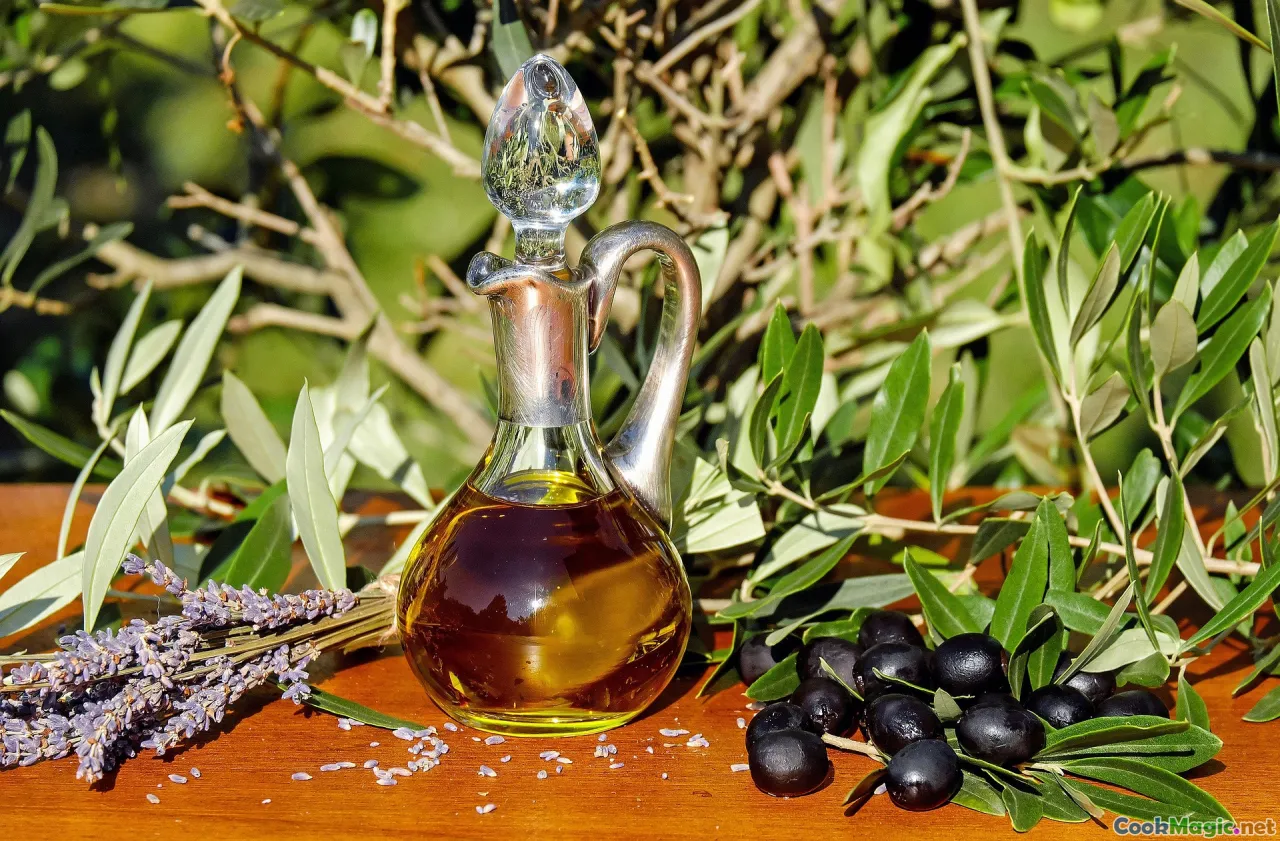
The Heartbeat of Tunisian Cuisine: Olive Oil and Its Deep Roots
Imagine strolling through the rugged, sun-drenched hills of Tunisia, where the scent of ripe olives wafts through the air, mingling with the dry, earthy aroma of terraced groves. From the aromatic dawn of harvest to the sensuous drizzle over warm bread, olive oil is not just an ingredient in Tunisian cooking—it’s the very soul that infuses every dish with history, passion, and identity.
Tunisian cuisine owes much of its vibrant character and resilience to the rich tradition of olive oil production. These golden drops have been cultivated and cherished here for millennia, tracing their roots from Phoenician settlers to modern-day local monasteries, forming an intricate tapestry of cultural exchanges and ecological harmony. Let’s embark on a flavorful journey into the world of Tunisian olive oil, exploring its pivotal role in shaping culinary traditions, enhancing flavors, and telling stories that span centuries.
The Cultural Significance of Olive Oil in Tunisia
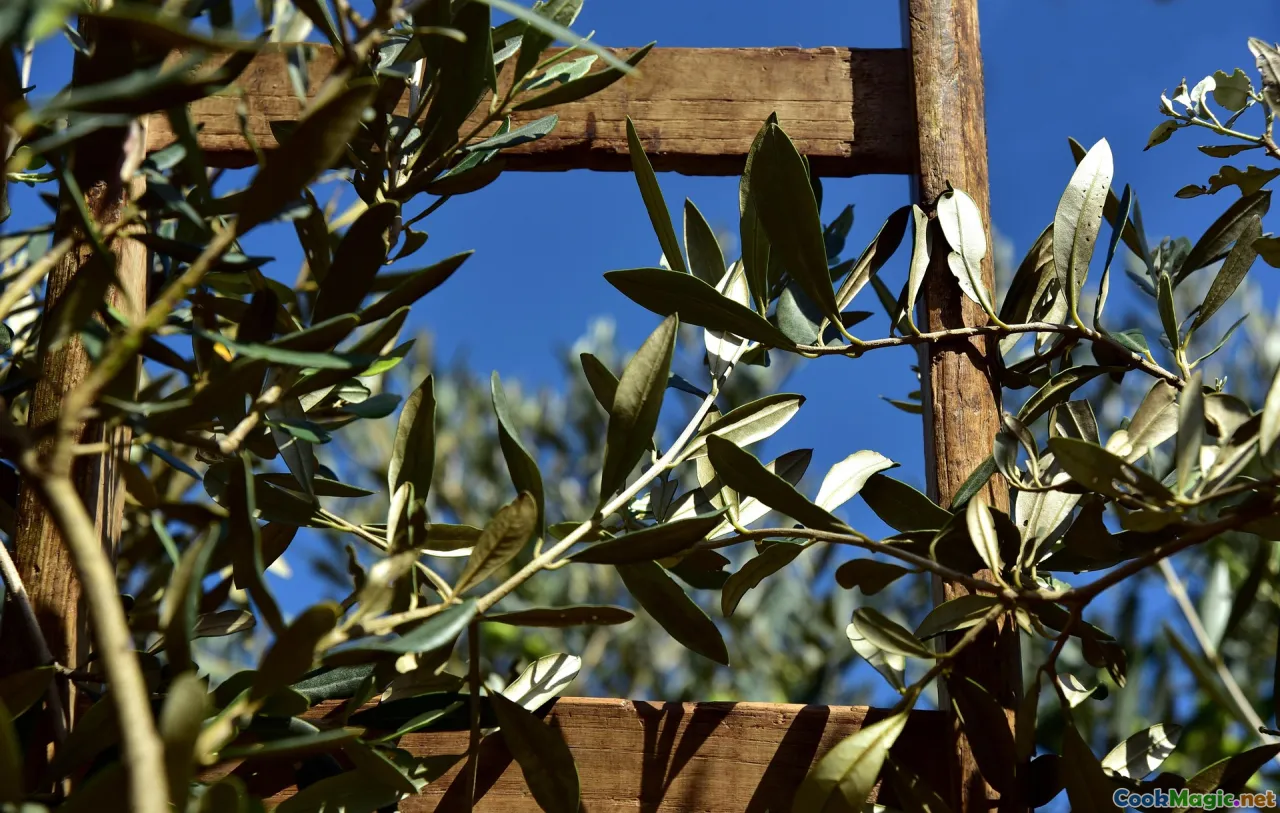
In Tunisia, olive oil is far more than a cooking ingredient—it’s a symbol of life, prosperity, and resilience. Since antiquity, olives have thrived in the Mediterranean climate, with centuries-old groves dotting the landscape. Many Tunisian families have cultivated groves handed down through generations, nurturing their trees like living heirlooms.
From small villages in invokes the scent of family gatherings to bustling markets in Tunis, olive oil embodies Tunisian identity. It’s vital in religious rituals, communal feasts, and even informal conversations around the souk stalls. Tunisian poet and historian Abdelhedi Mhamdi once remarked that olive oil is akin to “liquid gold,” encapsulating the generosity, patience, and spiritual depth of the Tunisian people.
Olive oil’s significance is woven into traditional ceremonies, where blessed oils are used in religious offerings and rites of passage. In the coastal town of Sidi Bou Said, local artisans display exquisite olive oil bottles, often decorated with motifs inspired by Moorish art, emphasizing the deep cultural reverence for this liquid treasure.
From Tree to Table: The Tunisian Olive Oil Production Process
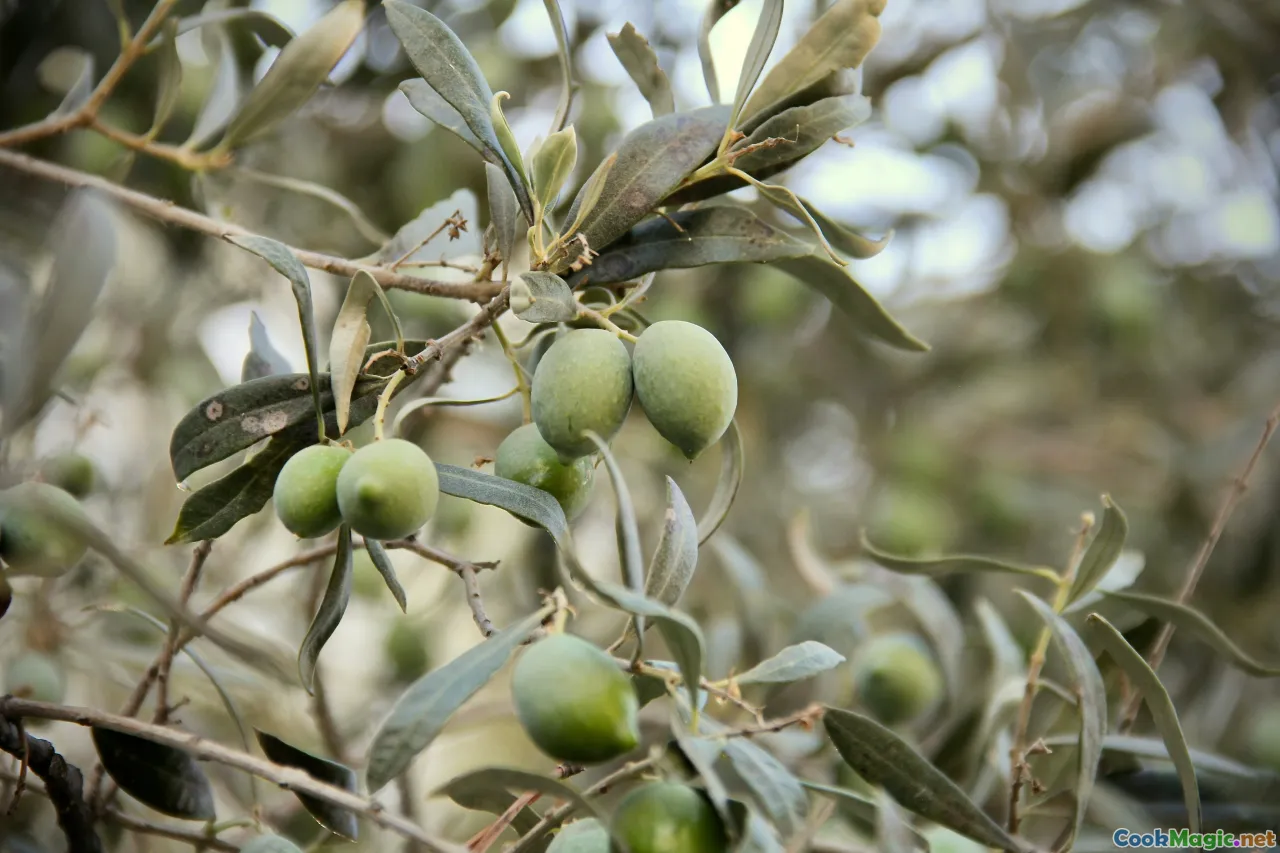
The journey of olive oil in Tunisia begins amidst the groves perched along hillsides, groves meticulously tended by farmers who have inherited centuries-old farming techniques. Harvest usually occurs in the late autumn months—October and November—when the olives reach peak ripeness, their skins a glossy purple-black or a glowing green.
Harvesting is an art—some farmers prefer manual hand-picking to ensure the fruit’s integrity, while others use small rakes or modern mechanical shakers. Once collected, the olives are swiftly transported to local pressing facilities, some still using traditional stone mills called "malaks," which crush the fruit gently to preserve nuanced flavors.
Tunisian olive oil is prized for its cold-press extraction—a process that preserves the depth and complexity of the oil’s fruity, grassy, sometimes slightly spicy notes. Excess pulp and stones are separated from the aromatic golden liquid, which is then filtered and stored in earthenware or stainless steel tanks, ready to grace the most cherished dishes.
Every drop tells a story—newly pressed oils boast a vibrant peppery kick, while older, well-stored oils develop rich, mellow flavors, embodying the land’s unique terroir.
Olive Oil as the Foundation of Tunisian Culinary Traditions
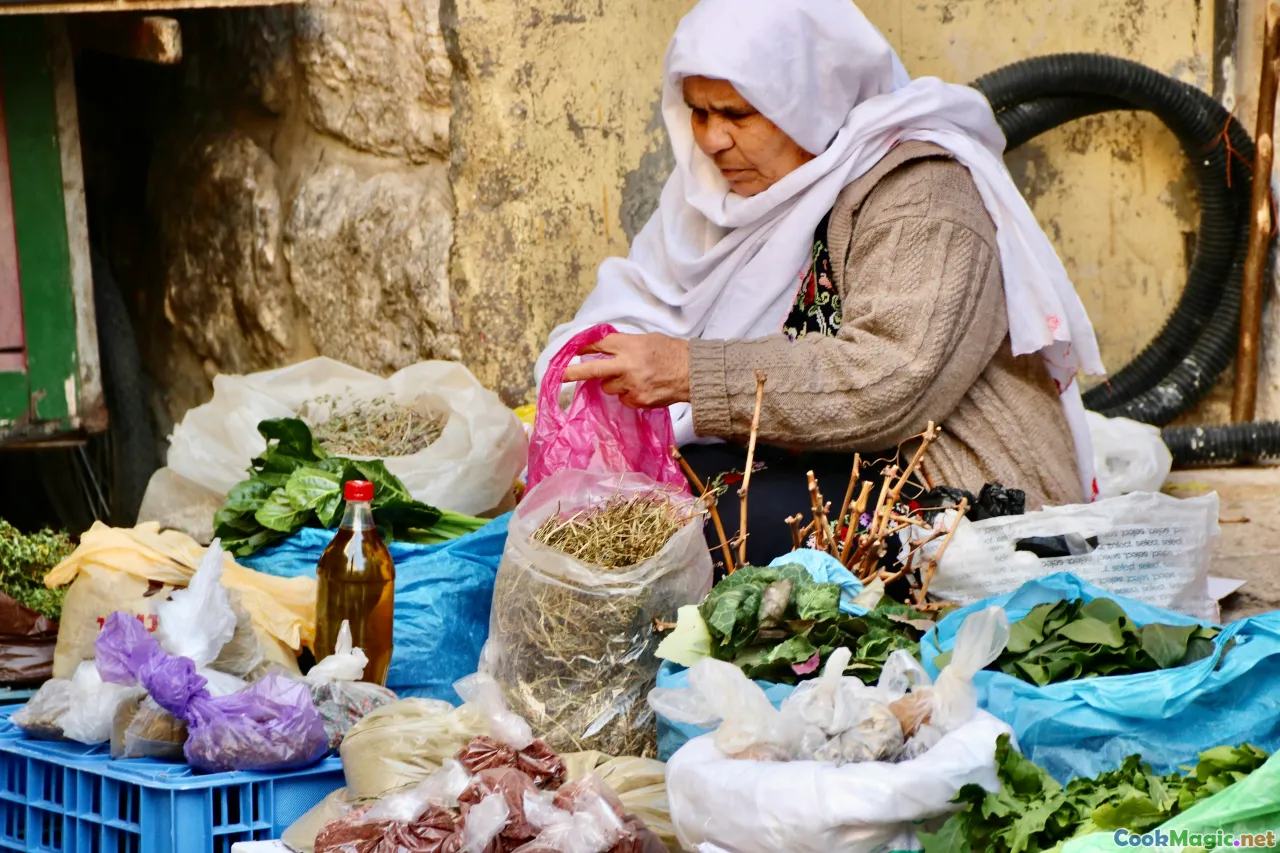
In Tunisian kitchens, olive oil acts as the culinary backbone—whether you’re drizzling it over fresh salads, mixing it into spice-infused tagines, or dipping fresh, crusty bread into its smooth depths. Breakfastoften begins with warm, flaky laiyma bread dunked into a small bowl of green, herb-infused olive oil alongside preserved lemons and chili paste. The aroma of aged oil blending with local herbs creates an immediate sensory awakening.Traditional stews—like Couscous or Lablabi—rely on olive oil both for depth and moisture. A generous splash of extra virgin olive oil right before serving profoundly enhances the aroma, with hints of apple, grass, and pepper harmonizing with spiced meats and vegetables.Salads and mezze showcase olive oil’s role as a dressing or dip—drizzled over Msakhan (a pungent eggplant and tomato salad) or combined with crushed garlic and harissa for a fiery dip. Each dish becomes a celebration of balance—nutty, spicy, and verdant—all brought together by that liquid gold.
Iconic Tunisian Dishes Where Olive Oil Shines
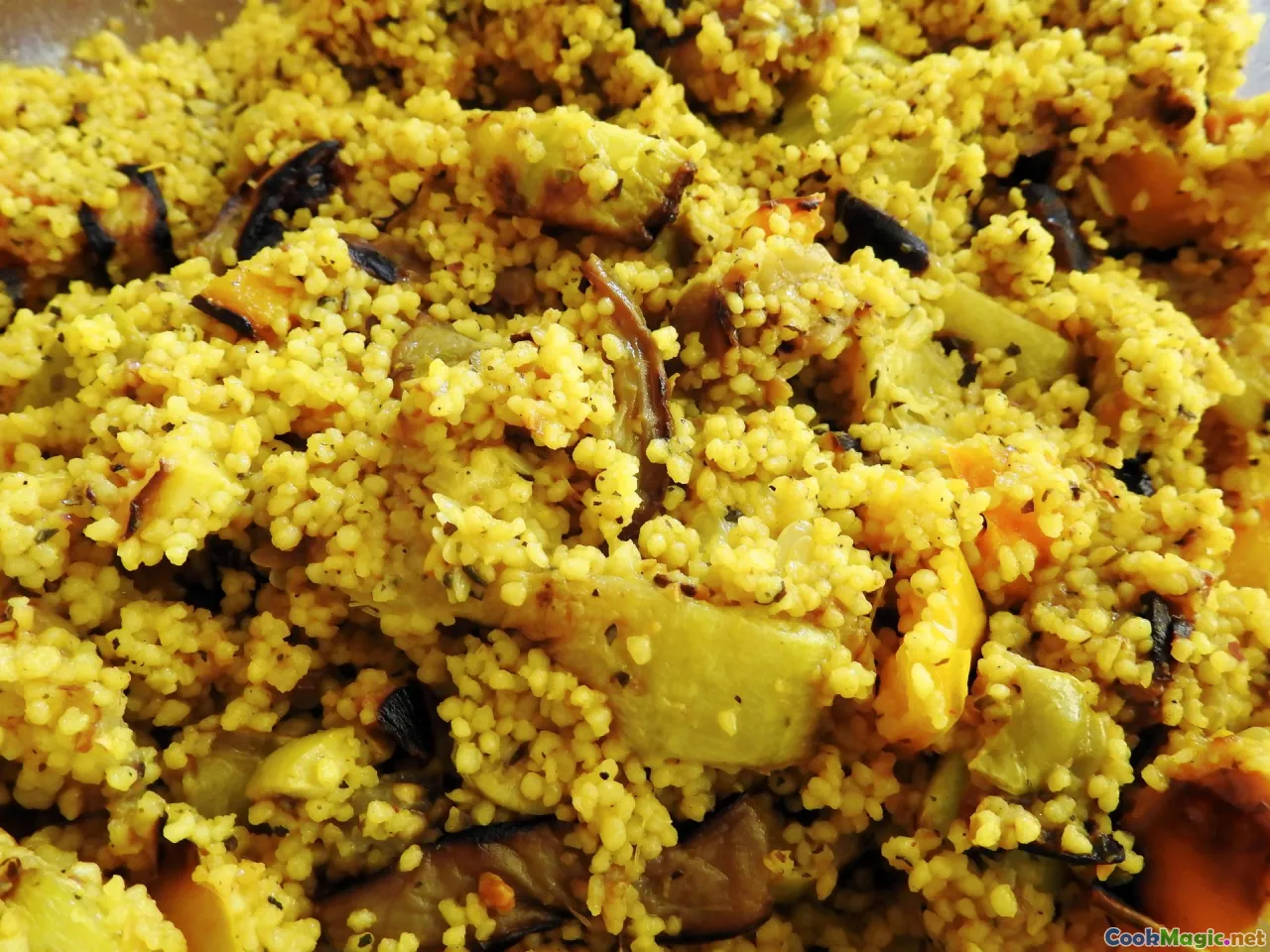
Certain dishes in Tunisia stand as testaments to olive oil’s unparalleled ability to unify flavors.
Couscous with Olive Oil—The Quintessential Comfort
Couscous, often considered Tunisia’s national dish, relies heavily on olive oil for its signature aroma and tenderness. The couscous grains are steamed over flavorful stews, and a generous drizzle of olive oil is added just before serving, infusing each fluffy grain with a subtle richness.
Brik—Crunchy, Savory Pastry
This deep-fried pastry, filled with egg, tuna, or anchovies, is dipped in tangy lemon and served with a drizzle of olive oil that adds a glossy sheen and a delicate, savory aroma that balances the crispy exterior.
Shakshuka—Poached Eggs in Spicy Tomato Sauce
Embraced in the North African region, Tunisian shakshuka’s base sauce is flourish with olive oil—its aroma melds perfectly with garlic, peppers, and chopped herbs—creating a fragrant, heartening dish often accompanied by crusty bread for perfect dipping.
Tips for Using Olive Oil Mindfully in Tunisian Cooking

- Choose Extra Virgin: For authentic, nuanced flavors, always opt for high-quality extra virgin olive oil, ideally cold-pressed from local Tunisian groves.
- Use at the Right Time: While olive oil adds richness when drizzling raw or during the final stages of cooking, avoid overheated frying or repeated reheating, which can diminish its delicate notes.
- Taste and Adjust: With Tunisian dishes, remember that olive oil’s vegetal and peppery notes can vary. Tasting your oil and dish together helps balance flavors.
- Store Properly: Keep your olive oil in a cool, dark place to preserve its flavor—tunisian sun can accelerate spoilage if bottles are left exposed.
- Explore Local Varieties: Tunisia produces a variety of olive oils, from fruity to robust—to truly savor the depth and regional character, experiment with different bottles from regions like Kélibia, Sfax, or Tozeur.
Personal Reflections and Rich Tastes
Cooking with Tunisian olive oil is like receiving a gift—each pour, a connection to a land that values patience, tradition, and community. I recall visiting a small village near Cap Bon, where elderly women relayed stories of harvests that span generations, their hands gently pressing olives as if to preserve their ancestors’ resilience.
Every bite of a freshly prepared Lablabi, drizzled with olive oil and topped with a squeeze of lemon, awakens my senses—a reminder of Tunisia’s generous, sun-filled spirit. It’s not just flavor; it’s history, a bond with the land, and a silent witness to centuries of shared stories around pots and fires.
For any culinary enthusiast or curious traveler, understanding the role of olive oil in Tunisian cuisine opens a window into the soul of this remarkable country—a place where every drop embodies place, history, and the enduring magic of life itself.
Embrace the richness that Tunisian olive oil offers. Let it be your guide into the sensory world of a cuisine that exudes warmth, resilience, and an unyielding love for authentic flavors.









